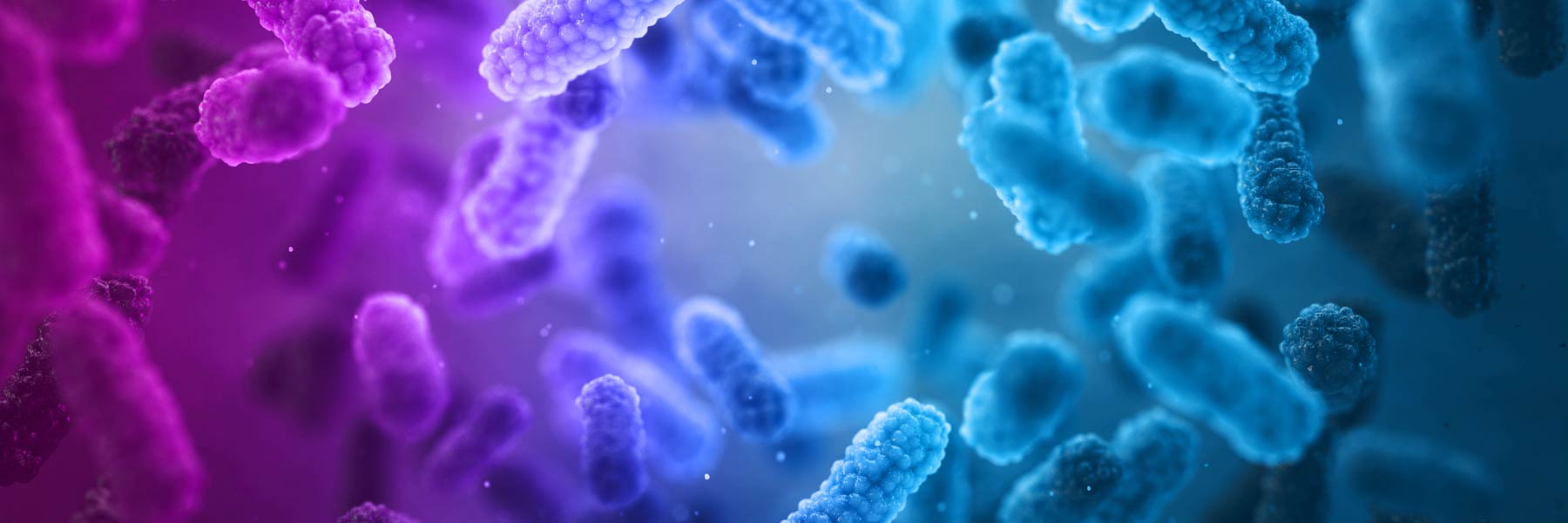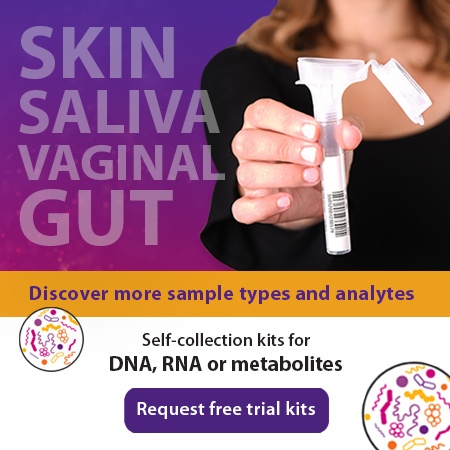2018-05-29
If you are a frequent reader of The Microbiome Snapshot, you know that research into the human microbiome has emerged as highly informative to our overall understanding of health and disease risk. The growth in microbiome research has been fueled by many factors including the improvement of sequencing technologies and new computational methods. However, the impact of these methods have been somewhat limited by various factors such as precision, resolution, scalability and usability.
At DNA Genotek, we have focused on standardization of sample collection and stabilization to ensure accurate downstream results in microbiome studies with our OMNIgene family of sample collection kits. We know that standardization of sample handling is crucial for accurate analysis of microbiome data, and for comparison across studies. We also know that the multitude of processing and analysis methodologies currently used in microbiome research have a significant impact on the reproducibility of results and the ability of researchers to perform comparisons between independent studies. To help tackle these issues, DNA Genotek joined the Mosaic Community Challenge: Standards as a founding team member along with Janssen Research & Development, LLC, National Institute of Standards and Technology, The BioCollective and DNAnexus.
What does this mean for microbiome researchers?
You might be familiar with Mosaic, a cloud-based platform, powered by DNAnexus that provides a secure environment for scientists around the world to collaborate on research, share data and advance methods aimed at increasing understanding of the human microbiome. Mosaic hosts challenges to help push the boundaries of metagenomic data analysis and to promote the adoption of standards and best practices in microbiome research. The Mosaic Community Challenge: Standards is designed to capture the sources and extent of variability in NGS-based microbiome profiling protocols and analyses. Understanding the extent of the variability in taxonomic readouts due to differences in protocols is a critical step in development of standardized protocols, reference standards and meta-analyses.
To tackle this issue, the Standards Challenge will provide and ship 7 aliquots (5 tubes of homogenized human fecal samples stabilized in DNA Genotek’s OMNIgene•GUT Solution and 2 tubes of microbial DNA reference material) – at no cost to Challenge participants, to any lab in the world. The video below shows how it works:
Why should a microbiome researcher get involved?
If you are a microbiome lab using any NGS-based approach (ie. 16S, whole genome shotgun, HiC, etc.), participating in the Standards Challenge will allow you to compare how your internal protocols differ from those of other participating labs using a highly characterized set of samples. It will also allow you to compare how the results from participating labs differ due to the variety of protocols currently in practice. If you are a computational lab or group working on metagenomics or microbiome analyses, participating in the Standards Challenge will give you the opportunity to access raw sequencing data and protocol metadata to unravel the impact of different protocols on profiling results.
How can I join the Standards Challenge?
Joining the Standards Challenge is easy. You simply create a Mosaic account, request a sample set and upload the reads and metadata to see your results. This will allow you to run established bioinformatic applications and pipelines or develop new ones, compare and benchmark metagenomic analysis tools, and build on discoveries through sharing, collaboration, and discussion with your peers around the world.
We are very proud to be a founding member of the Mosaic Community Challenge: Standards and hope you will consider joining.
Since the launch of our OMNIgene•GUT stabilization and collection device, we have been focused on standardization of sample input for microbiome studies. If you would like to try OMNIgene•GUT for your own research project, you can request samples below.


